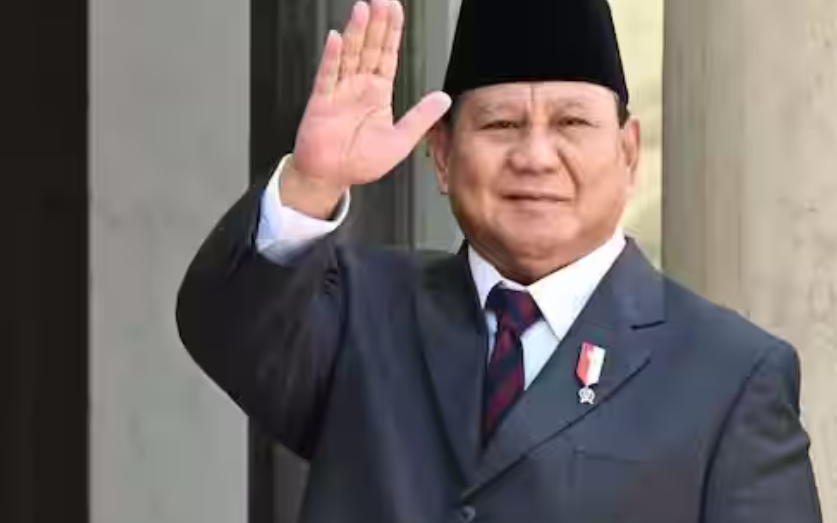JAKARTA – Indonesian President Prabowo Subianto has canceled his scheduled trip to China in a move to focus on a rapidly deteriorating domestic situation. Originally slated to attend China’s “Victory Day” parade on September 3, marking the 80th anniversary of Japan’s World War II surrender, the president instead opted to remain in Indonesia to manage the unfolding crisis. Presidential spokesperson Prasetyo Hadi cited the need for direct oversight and the upcoming United Nations General Assembly in September as key factors in the decision, while extending apologies to the Chinese government.
Outbreak of Nationwide Protests Triggered by Lawmakers’ Perks
What began as peaceful demonstrations in Jakarta over controversial lawmakers’ pay and housing allowances quickly spiraled into the deadliest unrest of Prabowo’s presidency. The violence intensified after a police armored vehicle fatally struck a motorbike delivery driver, igniting public outrage and prompting further protests.
In Makassar—the capital of South Sulawesi—protesters set fire to the regional parliament building, resulting in three deaths and multiple injuries, some caused by people jumping from the building to escape the blaze.
Meanwhile, similar scenes of destruction were reported across provinces including West Nusa Tenggara, Central Java’s Pekalongan, and Cirebon in West Java. Buildings were torched, equipment looted, and police deployed tear gas to disperse crowds.
Digital Restriction and Officials Under Fire
Amid accusations that disinformation fanned the flames of unrest, the government summoned representatives from TikTok and Meta to enhance content moderation. In response, TikTok temporarily suspended its live-stream feature in Indonesia.
Policy U-Turns and Firm Crackdown
Facing mounting pressure, President Prabowo announced the rollback of lawmakers’ housing perks and imposed a moratorium on overseas trips for parliament members. These concessions were part of broader policy reversals aimed at calming the public.
Simultaneously, Prabowo deployed the police and military to take “firm action” against rioters, labeling parts of the unrest as threatening to national stability—even characterizing them as bordering on “terrorism” and “treason.” Human rights groups criticized this rhetoric as disproportionate.
Economic Fallout and Public Discontent Grow
The unrest had immediate economic consequences—stock markets fell, and the rupiah weakened. The Federation of Thai Industries warned of potential disruptions to budget execution, trade negotiations, and investor confidence.
Protest leaders remain undeterred, arguing that policy shifts alone fail to address deeper issues of economic inequality and political oligarchy. They continue to call for systemic reforms.
Outlook
President Prabowo’s administration now confronts its most serious challenge to date. As the crises deepen, his ability to balance forceful responses with meaningful reform may determine whether Indonesia avoids a broader crisis. (zai)

